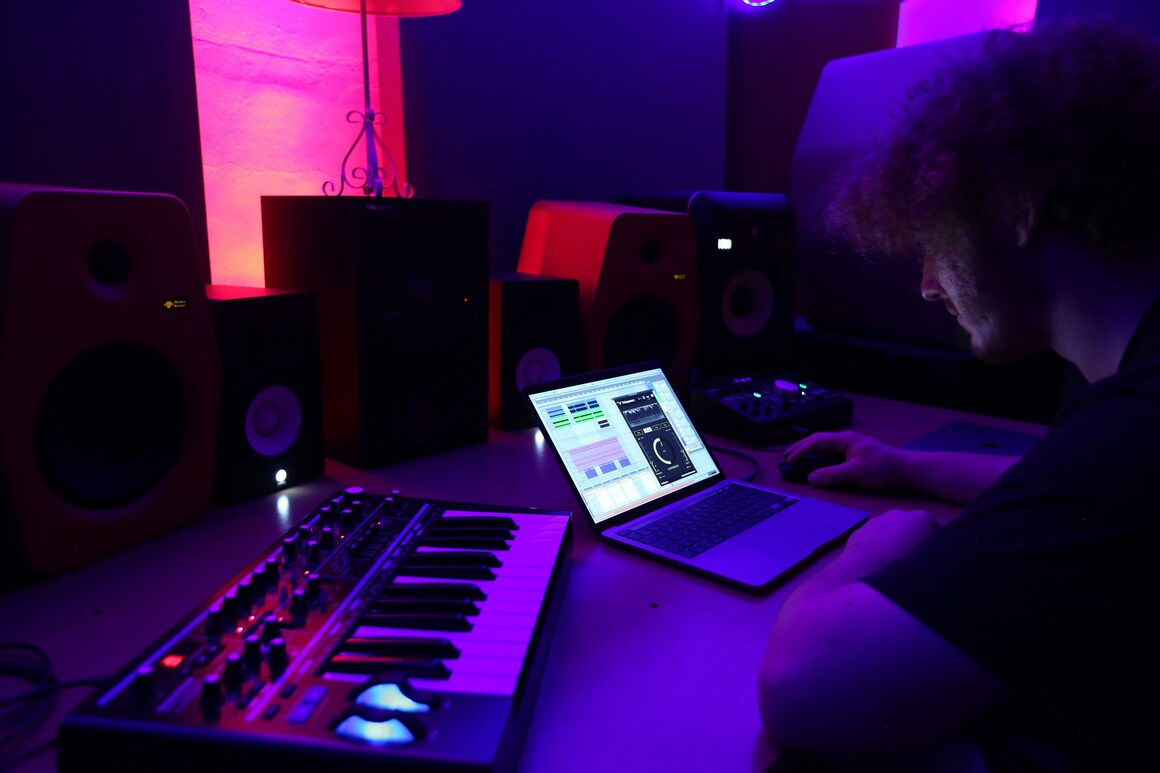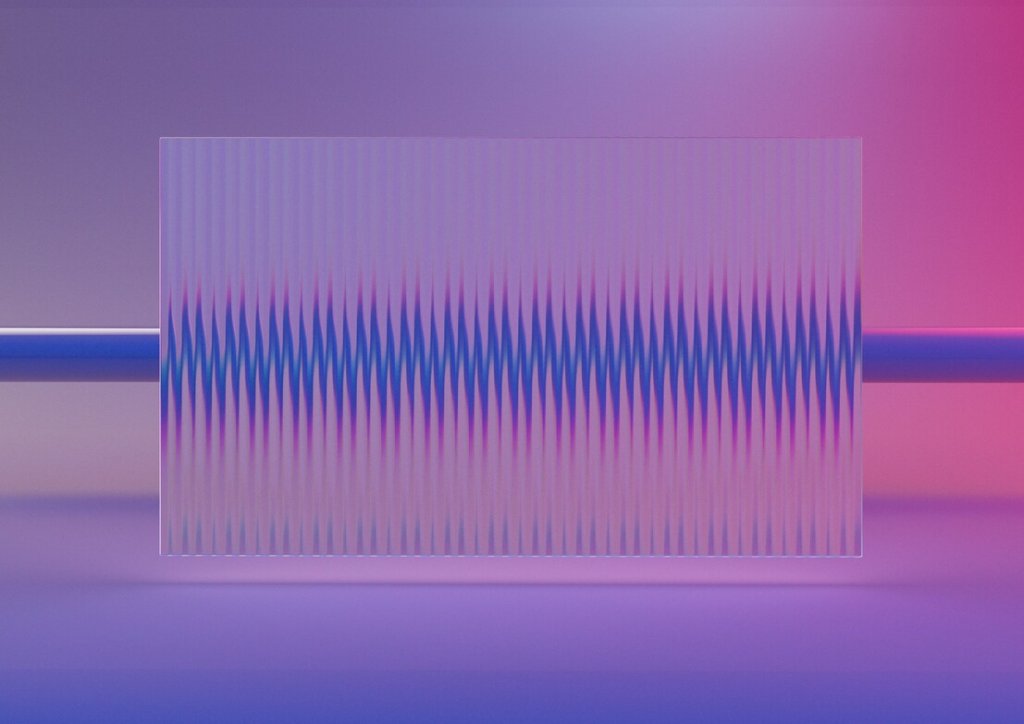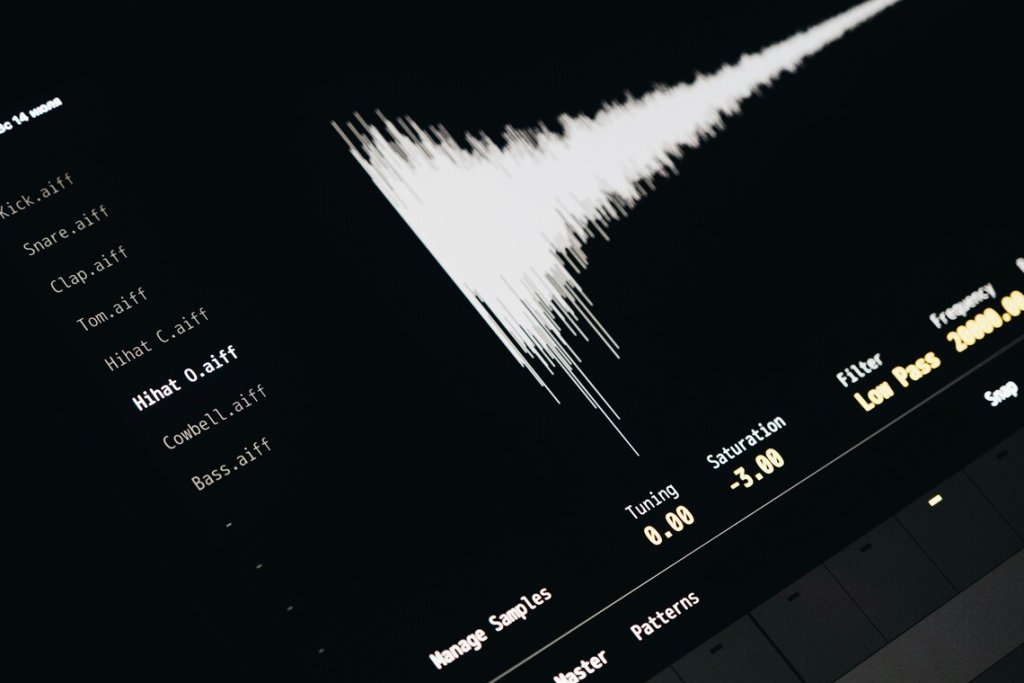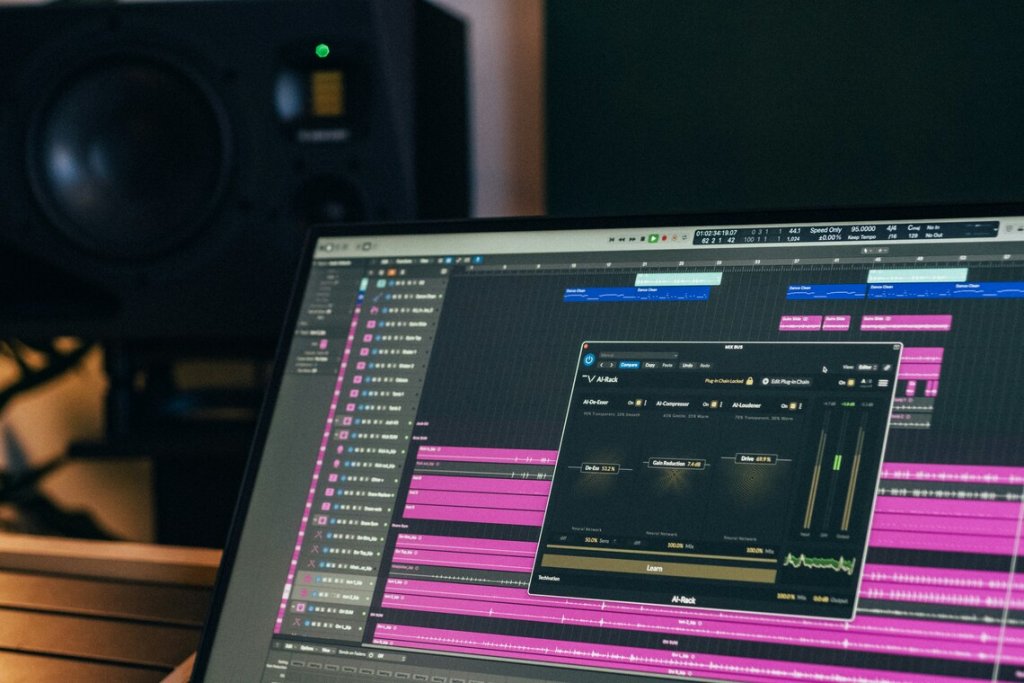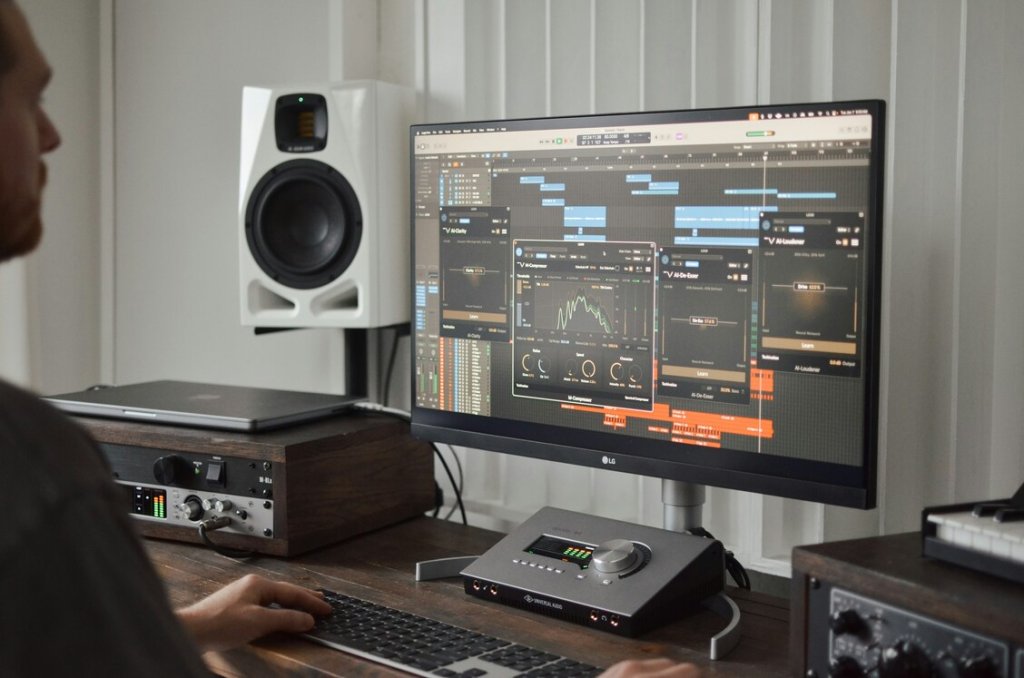The global demand for audio software developers and audio engineering experts is rapidly expanding as access to innovative technologies enhances the job outlook for creatives.
If you’re a musician who codes, a developer who loves sound, an artist looking to build on their knowledge of music theory or a recording engineer wanting to utilise audio programming technologies to find your way through the entertainment and tech industries, then studying SAE’s Audio Software Engineering course could be a great platform for you.
Opportunities are growing for those who understand the intersection of tech and sound. According to music industry statistics, the audio plugin market was valued at approximately $1.5bn (£1.1bn) in 2024 and is forecast to reach $3.2bn by 2033.
More than 6.1 million independent artists globally now use plugin-based production tools as part of their approach to sound engineering and audio recording, representing a 38 percent increase since 2022.
Studying SAE’s Audio Software Engineering course can be a great way into this rapidly expanding world to help students take advantage of opportunities in audio hardware, digital audio workstations, and sound design.
Read our blog for more insights on how to get started, the new technologies and key responsibilities alongside the necessary essential audio engineering skills.
Are you looking to study our course and gain formal training? Contact our team to find out more on how an educational background from a top creative institution like SAE can help you launch your industry career.
What is driving growth in Audio software engineering
Various trends and advancements are fuelling this growth in audio software engineering, from technological breakthroughs to changes in online behaviour, consumer habits and accessibility to the latest audio gear.
These factors are expanding audio software’s application beyond music production into gaming, virtual reality, and voice assistants, alongside other related fields.
Learning audio programming skills is now an art form and understanding how audio signal processing works alongside computer science, sound effects, audio algorithms and problem solving can help you find your way through the audio industry.
As with other tech sectors, there’s a journey of continuous learning surrounding audio equipment that can begin via a course. Here are some more reasons why opportunities are on the rise.
Mobile-first development: Mobile audio production is a rapidly growing sector with many businesses looking to develop apps for iOS and Android. Data from Statcounter suggests that this sector is expanding with mobile now accounting for more than 60 percent of all global web traffic.
Immersive and spatial audio: Formats like Dolby Atmos and 3D audio for film, TV, and gaming are a major growth area for tech firms. For example, according to Apple, more than 90 percent of subscribers have tried listening to a song in spatial audio while the total number of spatial audio plays on Apple Music has more than tripled in the last two years. This demand for tools related to application development within immersive software is underpinning growth.
Content creation expansion: As we all know, content is everywhere and proliferating every corner of our lives. From social media campaigns and digital adverts to music, podcasting, and video games, this explosion means there is a greater demand for professionals with an understanding of how to create thumb-stopping content.
Growth in artificial intelligence (AI) and machine learning: There is a significant and growing demand for AI-powered audio tools, such as automated mixing, mastering, and AI music generation. A major portion of recent venture capital funding in the sector went to AI-powered solutions.
Accessible production tools: The rise of affordable or free DAW software and plugins has dramatically lowered the barrier to entry to the creator economy and music making. This means the market of creators and user base for audio software is rising too. Some of the most popular software include Garageband, Trakktion Waveform Free, BandLab and Akai MPC Beats.
Different Audio Engineering and Audio Programming projects you can work on
Working in audio software engineering can lead to aspiring developers contributing to a range of projects in different forms and platforms.
App
Engineers are often tasked with developing software that handles a range of audio functions, including recording, playback, and routing audio streams within an app. DSP algorithms are utilised to apply effects, compress data, and synthesise desired sounds.
For apps that need real-time audio via music creation tools, the role of the audio software engineer is to ensure minimal delay between the creation of a sound and it being heard.
Audio plugin
Audio software engineers create virtual instruments, effects (like reverb, distortion), and processing tools that can be used within DAWs.
Their responsibilities include writing mathematical algorithms that manipulate audio samples to produce effects like EQ, compression, and reverb. This is the foundational component of any audio plugin.
Studying an Audio Software Engineering course with SAE
During your time with us, students will explore the building blocks of audio development software – coding, algorithms, synthesis, DSP and AI – turning ideas into real-world software applications.
As part of this process, you’ll become familiar with industry-standard programming languages and platforms such as C++, MATLAB, Max/MSP, Pure Data, JUCE, GitHub, JetBrains CLion and CMake and get to grips with how audio engineers work.
Find out more about our course
How to progress your career in Audio software engineering
Honing your practical skills and tools is a core part of evolving your career in audio software engineering. Here are a selection of abilities that will hold you in good stead.
Programming tools: Work with audio-focused tools and frameworks. JUCE is a popular framework for audio plugin development, and Max/MSP is useful for prototyping and learning DSP.
Project-based learning: Put your new skills to use by building your own applications. No matter how simple, the process of working through projects will help solidify your understanding of collaborating and effective project methodologies.
Build a portfolio: Creating a portfolio of your work is an important part of applying for jobs. This can be from personal projects, open-source contributions, or even work done during a degree.
Network: Engage with audio and software development communities both online and in person. Attend industry events, register with online forums, and connect with other professionals working for audio companies. This can be beneficial for knowledge sharing alongside sourcing opportunities.
Identify your area of expertise: Research different areas within audio engineering to determine what interests you most. This could include DSP, user interface development for audio applications, or even AI and machine learning for audio within the gaming industry or entertainment industries.
Develop soft skills: While your hard skills are important, your ability to establish and maintain effective working relationships will go a long way in this sector. Cultivate social skills, learn to get along with teams, and be open to different methods and receiving feedback on pushing high audio standards.
How to gain experience
Developing your career in an audio field can include a variety of different routes. Some of the below will be extremely helpful when looking to make your way through the audio world.
Internships: Seek out internships in audio software development and audio engineering to get vital professional experience and credits on different projects.
Entry-level positions: Look for entry-level positions that may require general programming experience in languages like C++. Companies may provide specific audio training on the job.
Online communities: Participate in online forums and communities to learn from others, and consider contributing to open-source audio projects.
Be proactive: Attend shows, apply for positions in studios or at local venues, and reach out to sound equipment companies alongside developers to ask for work experience. Many jobs in this industry are found through word-of-mouth, so having the ability to communicate effectively and build a strong online and offline network is essential.
Those aspiring industry professionals looking to progress in today’s job market will do well to balance their tech learning with outreach work to navigate this exciting and dynamic industry. Good luck!
Study Audio Software Engineering at SAE
If you are excited by the creative space where sound meets coding, then SAE’s Audio Software Engineering degree could be perfect for you.
With demand for audio software engineers growing, this course will enable you to explore programming through an audio lens and give you a unique learning experience balancing the technical with the creative.











